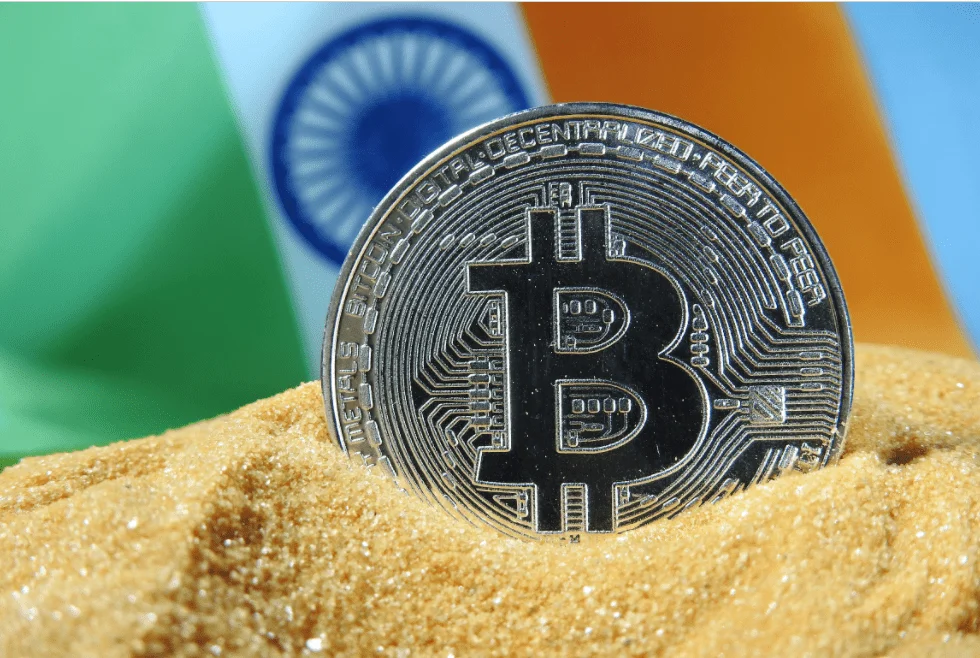According to reports, Indian crypto investors would be given a deadline to register their crypto holdings, after which they will be required to keep their assets on SEBI-regulated crypto exchanges.

The Indian government does not want to outright prohibit cryptocurrencies, but rather to regulate them as ‘assets.’ According to a cabinet note seen by NDTV, the country’s markets watchdog, the Securities and Exchange Board of India (SEBI), will be in charge.
This backs up Finance Minister Nirmala Sitharaman’s statement earlier this week that Bitcoin is not recognized as a payment currency in India. India, on the other hand, is developing its own central bank digital currency (CBDC), which will be regulated and overseen by the Reserve Bank of India (RBI).
Citizens would be required to register their crypto assets and retain them on Indian exchanges, according to the memo.
They won’t be able to retain cryptocurrency on international exchanges or in private wallets any longer. When the bill is signed into law, persons will have a certain amount of time to transfer their assets to fulfil these criteria. Failure to do so might result in fines ranging from $5 million to $20 million.
Furthermore, India intends to alter the Prevention of Money Laundering Act (PMLA) to include cryptocurrency-related measures. The government, according to Sitharaman, is actively monitoring the hazards that cryptocurrencies pose. In November, Prime Minister Narendra Modi called for global collaboration from democratic nations to regulate the industry and protect the youth, citing the volatile nature of digital tokens.
What is the status of India’s cryptocurrency bill?
The proposed rules to govern cryptocurrencies and other areas of the crypto industry, such as decentralized autonomous organizations (DAOs), non-fungible tokens (NFTs), and the metaverse, are on the agenda of India’s lower house, the Lok Sabha, which is now in session. The law is awaiting Cabinet clearance before being tabled to Members of Parliament, according to Sitharaman (MPs).
